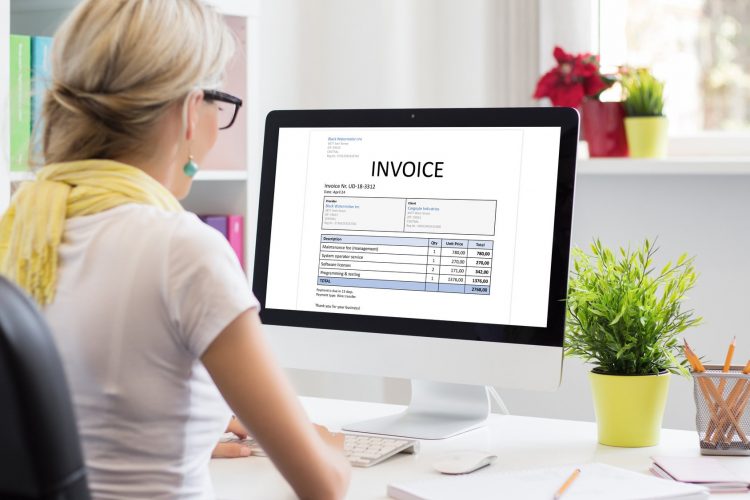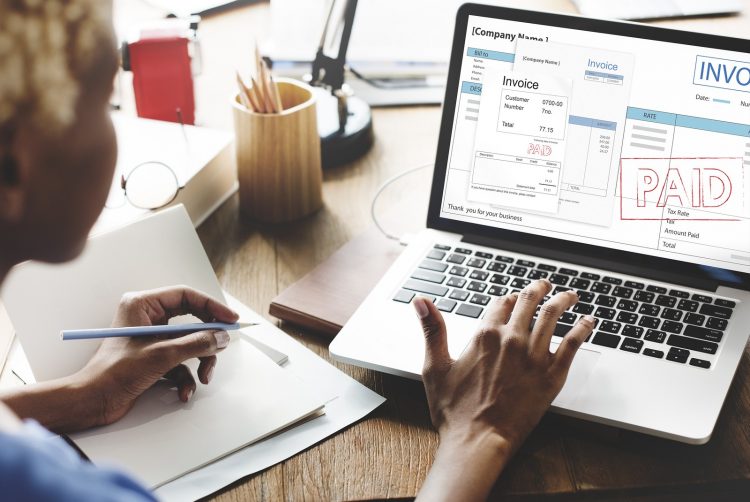Every company wants to have a steady stream of income and a constant revolving door of clients who wish to use their services or products. To keep clients happy and keep your workers’ morale high, you need to make sure you pay your employees on time, communicate with clients, and have the capital and resources to invest in new technology and new clients.
Without a steady stream of income, your business will not be able to flourish. Instead of growing along with your reputation, your firm will stagnate, leading to a reduction in clients, fewer employees, and fewer resources to show your prowess in your business sector.
So – what is the solution to a reduction in income? How do you keep your business afloat, keep your customers happy, and keep workplace morale high? There are a few choices.
Sure, bank loans are one option for businesses. But with extraordinarily high interest rates that can frequently put a business in debt before they get better, these are not the best choice for startups and small companies.
Instead, we have a more lucrative and safer option that can allow businesses of any size to get on their feet and continue gaining more clients.
What is invoice factoring?

Invoice factoring is a transaction between businesses where one company sells its accounts to a factoring company at a lower rate. The business owner will sell their receivables in an invoice to the receiving company. Receivables are an asset account on the balance sheet representing money or income currently owed to another firm.
The company will advance the receiving company at least 90% of the face value of the receivable on the asset balance sheet. It will later collect the total value of what is due once the services are complete and the receiving company has the resources to pay back the ‘lender.’
Factoring companies can be found using online resources. By doing a keyword search on a local search engine, you can discover these companies that may work for your needs, like ezinvoicefactoring.com.
Steps of invoice factoring
- Step one – the company gives any owed bill and outstanding invoices to the factoring companies.
- Step two – the factor performs a risk assessment and determines if they should accept the client according to the pre-set requirements in the factoring business. If the client is too high risk, like they have no income and a poor reputation, the company may deny the request. The risk levels vary depending on the industries and the clients.
- Step three – the business is given a percentage of the invoices if it meets the risk assessment requirements and passes the test. The rate is typically around 80% but can go as low as 70% or 90%, depending on the company the business uses.
- Step four – the factoring company collects any outstanding invoices or owed payments from the receiving company. Usually, debtors will pay directly to the account, ensuring the money is directly deposited into the factor’s company account.
When is invoice factoring a good idea for my business?

There are certain instances in which finding a company is best for your company and the situation. You need to search for a reputable company online that you can use for factoring, or other local companies that can help you get out of debt and increase your income.
Many scenarios can drive a company to require invoice factoring to stay afloat. Although it is not an ideal scenario, it is not the end of the world. If there are no other good options for your business, you may find that these situations are when you need to use invoice factoring:
Urgent cash flow
If you urgently need cash to pay a client or employees, and it is a highly time-sensitive situation, invoice factoring is a good solution. Since it provides fast cash with very few questions, it is the best choice for struggling businesses that owe multiple people money. Payment terms can vary depending on the company used, but they usually span 120 days from payment.
No collateral provided
For businesses with no collateral products, such as anything valuable that can be used for payment, using invoice factoring is the next logical step. With startups and new companies with minimal resources or capital, it doesn’t require anything extra from these businesses to obtain a loan.
Inadequate debtor resources
Businesses may have credit customer bases that require extensive resources to follow up and collect payments. Instead, invoice factoring can help manage these payments at a reduced cost, ensuring you don’t have to spend extra money on resources.
Benefits of invoice factoring

When deciding if you should use invoice factoring, you may be wondering if it is even worth it. In many cases, the answer is yes. It provides tons of benefits that will help your business get out of the hole it is currently in, ensuring you can keep your company afloat and continue earning capital and retaining clients.
Quick access to cash
Constant cash flow is the pinnacle of all business hopes and dreams. Without a steady stream of income, you will have to start spending money from your business savings – something you never want to do. Without clients and capital gain, you will be slowly and surely going into the red zone in your business bank account.
However, you can earn a steady cash flow with invoice factoring to quickly obtain capital to pay vendors, clients, and employees on time.
Easy to apply and get approved
Bank loans may require high credit scores and positive reviews when it comes to businesses. However, truck factoring does not require extensive background checks or qualifications when it comes to getting approved. Compared to traditional loans, the application process is faster, simpler, and more accessible.
No equity required
When you deal with investors, you may be required to provide equity to show you are worth the investment. In exchange for the funds you need, giving equity or collateral is often a must for bigger businesses and bank loans. However, with invoice factoring, you do not need to show any equity to obtain the cash, letting you retain complete control of your company.
No collateral required
If you currently do not have any resources for valuable items regarding your business venture, you may not be able to apply for a traditional business loan. If a bank cannot see any worth in your company worth investing in, they will not provide you with the money to stay open and stay on your feet. However, it does not require collateral, risking their capital assets to help your business.
Helps with credit
Invoice factoring companies will evaluate and analyze your client’s credit score and creditworthiness before they provide you with payments to settle your invoices or outstanding bills. The credit scores of your clients and the payment histories will help the business determine and choose which clients should be paid on the spot, who should pay on delivery of the products or services, and who should have additional time to pay if they don’t have the funds at the moment.
Drawbacks to invoice factoring

Although there are many benefits to using an invoice factoring company, there are still some cons to using this process compared to bank loans or business loans. The desperate need for cash by a business often trumps the few negatives of invoice factoring – however, they should still be noted when deciding whether to use a company.
- Narrow solution – using such a company is a quick fix for a more severe problem. If your business has a cash inflow problem, getting a fast cash loan to your hand can solve the immediate issue – but it doesn’t solve the more significant problem in your business. You need to figure out why you are not making enough capital to stay afloat.
- Can harm customer relationships – if your clients or customers know you use an invoice factoring company to pay debts or make current payments, they may be untrusting of your business in the future.
- Costly – although it is easy to get and can provide short-term solutions to your money struggles, using an invoice factoring company is expensive when compared to bank loans. Since they require very little proof and collateral, these companies charge extraordinarily high-interest rates when paying back loans.
Conclusion
Choosing the right company is crucial to staying on your feet as a new business or startup company. By doing some online research and finding a reputable business, you can ensure you use the advantages of invoice factoring when compared to traditional bank loans.
It helps small businesses manage their clients’ credit, does not require any collateral or equity, and offers quick access to cash – all while being easy and straightforward to apply for.
 Hi Boox Popular Magazine 2024
Hi Boox Popular Magazine 2024



